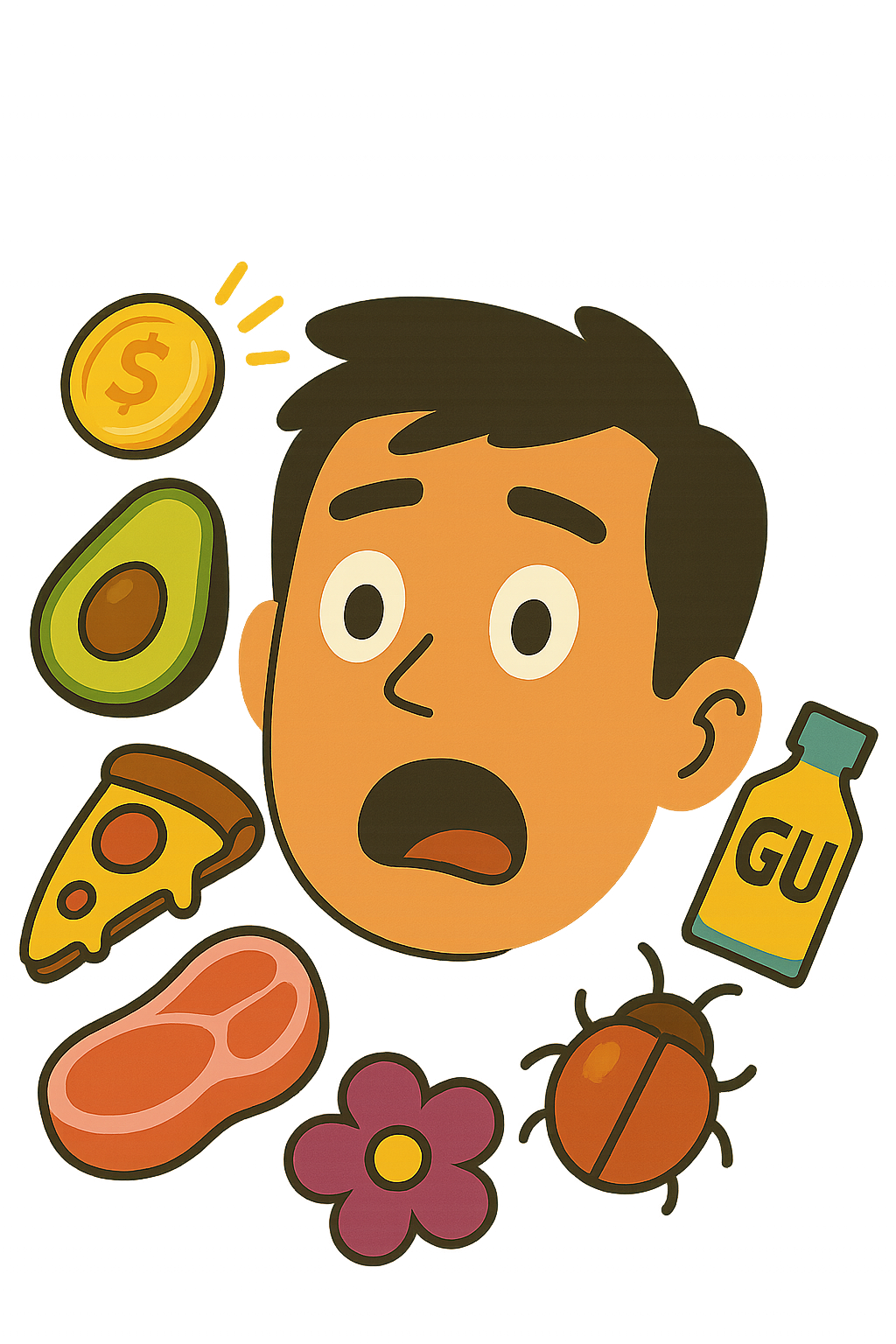Can I eat buttercup plants?
Quick Answer
No
Buttercup plants are toxic to humans and animals when ingested. They contain a compound called ranunculin, which can cause severe irritation and blistering when it comes into contact with skin or mucous membranes.

What Is It?
Buttercup plants, or Ranunculus, are a large genus of about 600 species of plants in the Ranunculaceae. They are known for their bright yellow flowers, but all parts of the plant are toxic when ingested.
How to Tell
Symptoms of buttercup poisoning can include burning of the mouth and throat, salivation, vomiting, diarrhea, and abdominal pain.
Why It Can Be Risky
Ingesting buttercup plants can lead to serious health risks.
- Irritation and blistering of the mouth and digestive tract
- Nausea and vomiting
- Diarrhea
- Abdominal pain
- In severe cases, paralysis or even death
Safe Alternatives
If you’re looking for edible plants with a similar appearance, consider marigolds or calendula, which are both safe to eat and have a slightly peppery taste.